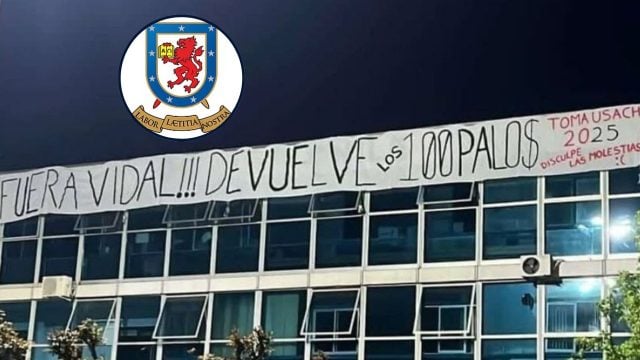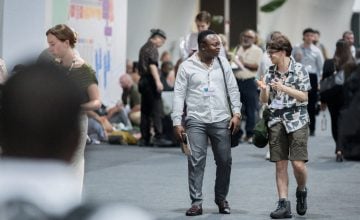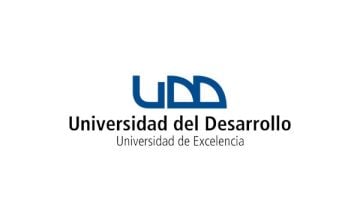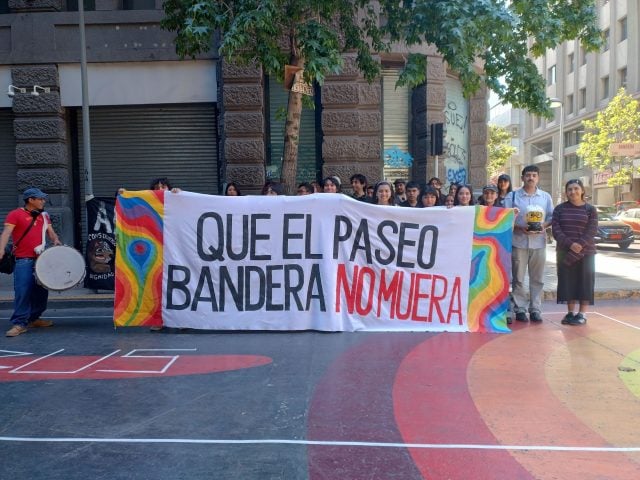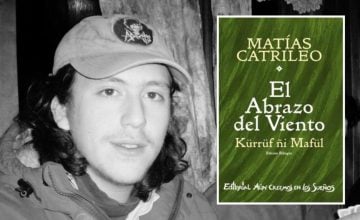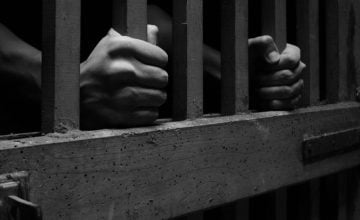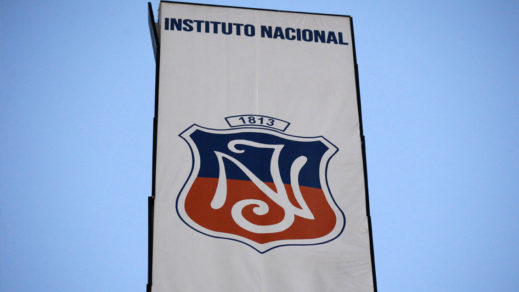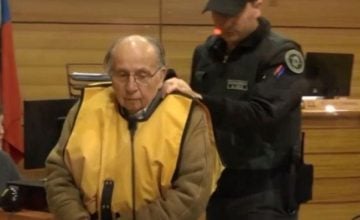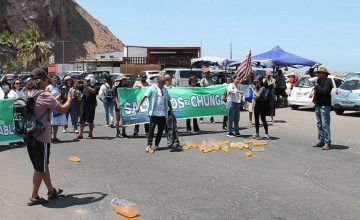The university’s Student Federation is maintaining the campus occupation and strike over what it calls a legitimacy crisis.
Student mobilization at the University of Santiago de Chile (USACH) escalated into a campus occupation after Rector Rodrigo Vidal failed to attend a previously scheduled meeting, intensifying weeks of mounting frustration. In a statement on Tuesday, October 7, the USACH Student Federation (FEUSACH) called on the community to weigh in on the action, saying the move demands transparency and answers regarding the administration’s alleged prioritization of political interests and the use of university funds to defend rectoral elections that electoral authorities declared illegitimate.
At the center of the controversy is USACH’s hiring of the Colombara law firm to defend the Rector’s election before the Tribunal Calificador de Elecciones. According to FEUSACH, the contract could cost the university up to 100 million pesos—resources they argue should go to long-standing student priorities such as infrastructure, accessibility, and technology. The deal reportedly includes a 1,500 UF success fee if the ruling favors the Rector, a practice student leaders say is not used in the public sector.
The alleged “crisis of legitimacy” traces back to July 2022, when the First Electoral Tribunal of the Metropolitan Region annulled the rectoral vote, citing the exclusion of “more than 2,000 hourly professionals” from the electoral roll. In that context, the Federation questions the direct awarding of the external legal contract, noting that USACH already has a high-level in-house legal department. Student leaders contend these decisions show a disconnect between the Rector and governing board and the student body’s needs, prioritizing political interests over academic and campus priorities.
FEUSACH also alleges inconsistencies in infrastructure proposals presented to former minister Marcel, claiming they differ from the versions shown to the University Council and Superior Council. That lack of transparency, they argue, raises concerns that promises of new buildings could conceal potential vote-trading ahead of a future election, and casts doubt on whether a planned loan will be used responsibly if officials cannot present a single, consistent version to collegiate bodies.
The Federation outlines key conditions for dialogue, including that authorities come to campus for a meeting and respond to its platform focused on strengthening tripartite governance, ensuring a democratic process to elect the Rector, and giving students a say in how the loan is allocated. The statement also demands that no disciplinary proceedings be initiated and that university cameras not be used to sanction students involved in the mobilization. Finally, student leaders reaffirmed that without the start of talks and concrete guarantees to advance on these points, ending the shutdown and occupation will be difficult.
